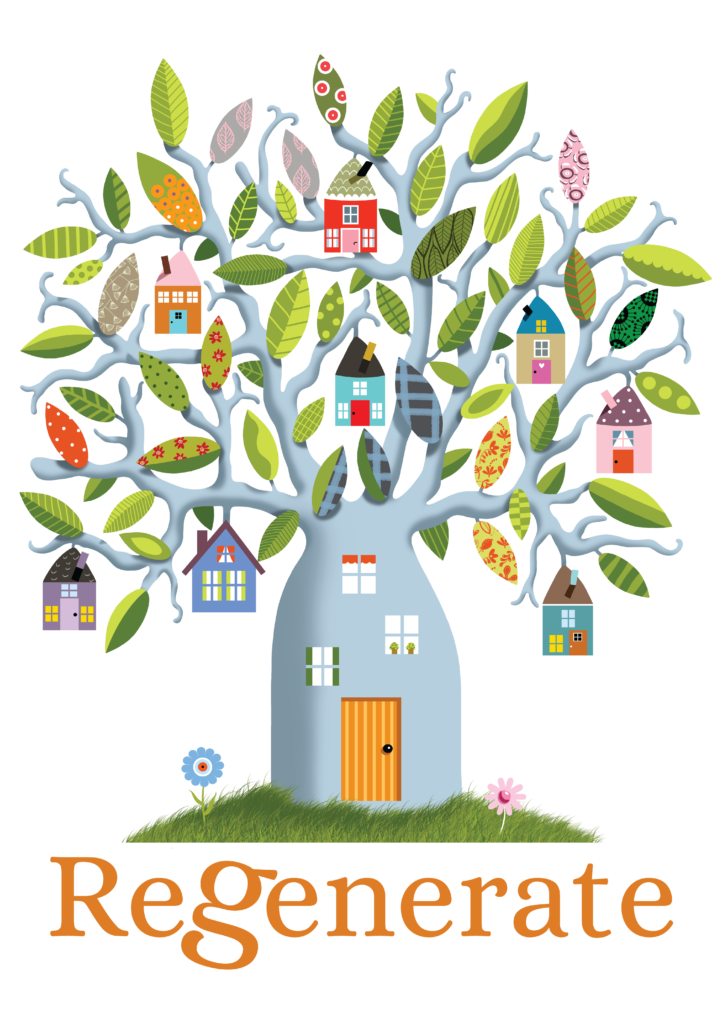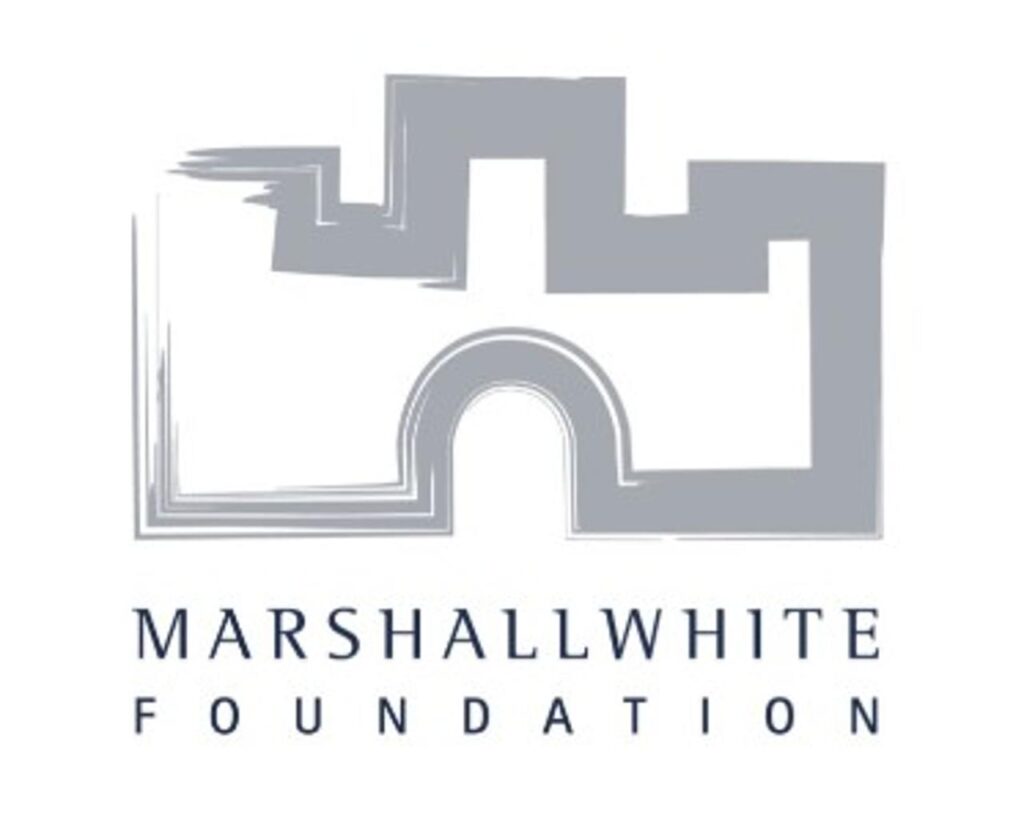Increase in number of clients financially assisted to establish or sustain tenancies
Summary
- We help keep people in housing by providing financial assistance to renters and people at risk of homelessness. Programs like our Private Rental Assistance Program (PRAP) and PRAP Plus provide financial support that prevents renters entering into homelessness.
- $4.34 million in financial assistance provided
- 2,606 clients financially assisted to establish or sustain tenancies
Analysis
The average payment to keep people housed is just under $2,000
Melbourne’s increasing rental prices are putting more pressure on tenants, and in a cost-of-living and housing shortage crisis, it’s putting more people at risk of homelessness.
Rents have risen about 14% in the last year to March 2024 (DFFH; Anglicare). This means it’s costing more for people to keep their housing.
The average financial assistance for rent in advance and bonds have increased from around $1,146 to $1,997 for each client in the past three years, while the number of clients supported have decreased from 1,778 to 932 as the total amount of available funding has remained broadly similar. Financial assistance for rent in arrears have increased from around $1,544 to $1,920 in the same period.
This is demonstrated in the following graphs.
Number of clients we support with private rental assistance
Average dollar amount provided per client
We see this support as a significant and effective prevention and early intervention initiative. We can keep a person housed and out of the homelessness service system for just under $2,000. This is a significant cost benefit, given that Governments can spend up to $186,000 on each person who uses homelessness services (NSW Department of Communities and Justice Report).
A closer look at Frankston and Dandenong
The dual impact of rent increases and a decrease in property listings in both Frankson and Dandenong suggest that the housing and homelessness crises in the Southeast region will likely worsen.
Frankston and Dandenong have the largest number of PRAP clients combined with the lowest affordability of homes. In the last year rents have increased from a median of $450 to $500 per week in Frankston and from $400 to $500 per week in Dandenong. The number of property listings decreased from 862 to 676 properties in Frankston and 1,062 to 785 in Greater Dandenong, indicating that these traditionally affordable suburbs are now out of reach for the fast-growing communities in these areas.
Understanding and responding to local trends is key to ensuring that funding and housing is targeted to where it is needed most, as well as to who needs it most. Our PRAP numbers indicate that without focused investment in the Dandenong and Frankston regions, we will likely be facing a significant homelessness crisis that will place pressure on already overburdened services in the local area.
Demographics
Women are often most at risk of losing their home when rents increase, especially if they have children in their care. This year, women comprised 62% of clients who received a payment from Launch Housing.
First Nations clients comprised 6% people receiving a payment which is lower than the number of First Nations clients supported in our other programs. We believe this may be because First Nations peoples are accessing the Aboriginal-PRAP program directly and the ongoing racism and bias First Nations communities face in securing private rentals.
Looking forward
Housing affordability remains a significant challenge for many Melbournians. Anglicare’s Rental Affordability Snapshot shows that while there has been a slight increase in the total number of rental properties available this year, only 28 out of 10,069 properties in metro Melbourne were affordable for Victorians on income support.
Alarmingly, there were no properties that met the affordability criteria for singles on Youth Allowance or JobSeeker.
While we can’t predict when cost of living pressures and rent rises will ease, we know that preventative measures like providing financial assistance for people in private rentals, keeps people housed and out of the homelessness services system. We will continue to support our clients to keep their private rentals through programs like PRAP and PRAP Plus, and other philanthropic client brokerage funds.
With the introduction of the Rental Stress Support Program from July 2024 to our suite of private rental programs, we will continue to strengthen the support, information, advice and advocacy available to renters.
Thanks to our partners

REA Group, through the National Rapid Rehousing Fund, enabled Launch Housing and seven other community organisations around the country to provide rapid financial support to people experiencing family violence and homelessness to establish or maintain housing. REA Group also purchased and assembled furniture as part of their staff induction to help our clients establish new homes.

EnergyAustralia and their generous employees supported the Client Brokerage/Women’s Rapid Rehousing Fund through their Workplace Giving program.

Regenerate provided household essentials appliances and furniture to help clients transition from short-term accommodation into housing.

We are Mobilise supported our Education First Youth Foyer students through their Kickstarter Program, providing the students with bond and rental assistance as they exited Foyers.

Marshall White Foundation generously donated to the Client Brokerage/Parachute Fund.

Rotary Melbourne provided home starter hampers for clients to turn houses into homes.
Women and children were supported through the Women’s Rapid Rehousing Program thanks to the generosity of the Gray Family Charitable Trust.
